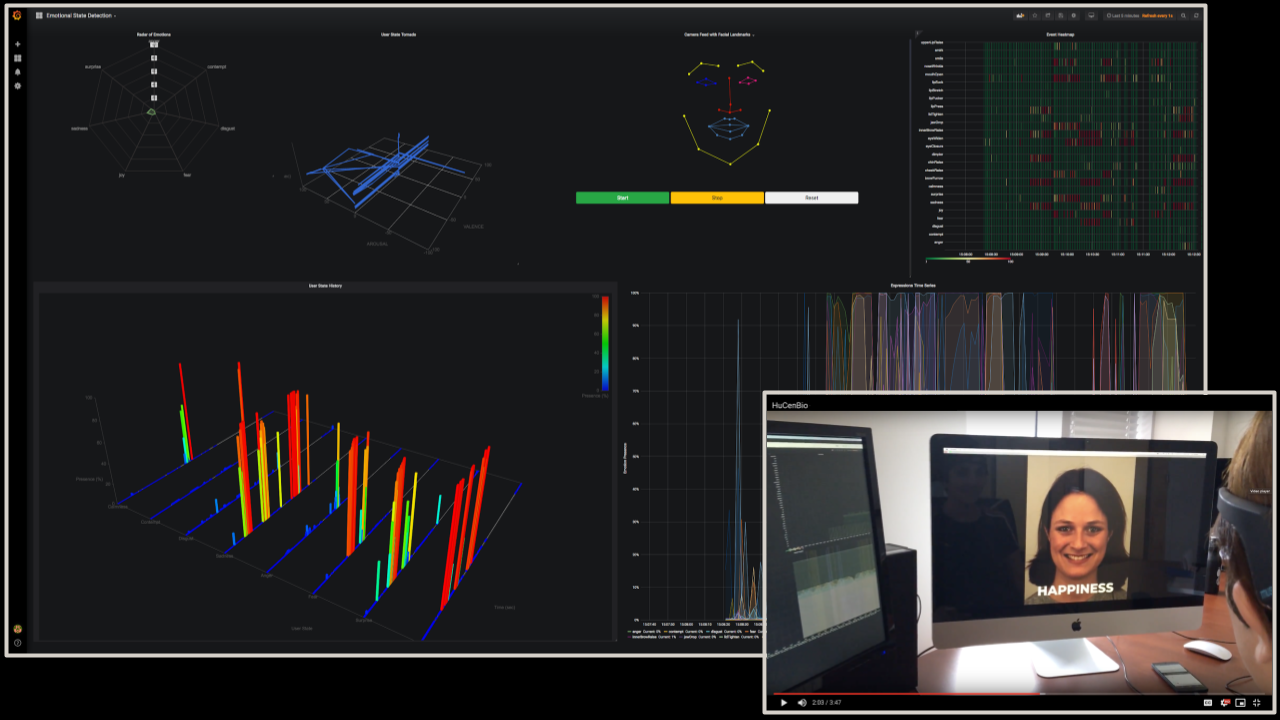When humans are performing well, the information they attend to and action choices they make naturally maximize productivity and enable effective completion of tasks. The agent’s dynamic tradeoffs under constraints and uncertainty of the work environment, and their own cognitive state constitute rational economic behavior.
We propose a theoretical framework for a choice architecture that can be used to efficiently transform an agent’s lagging work experience into productive work outcomes. The choice architecture operates within the interacting contexts of the human emotional and behavioral states and the work environment, and is the source of feelings of success, stress and the emergence of other emotions. Changes in these contexts will elicit changes in the response of the choice architecture, and corresponding changes in human behavior and productivity.

Our framework is based on the hypothesis that if the emotional and behavioral states that are conducive to effective work can be identified, then well-timed “nudges” in the work environment that alter human emotions or behavior in predictable ways without eliminating options or significantly modifying economic incentives can optimize the utility of the choice architecture.

By doing so, the choice architecture may guide the human decision maker towards states of flow as defined by Csikszentmihalyi. Flow is a mental state related to a state of high motivation that is characterized by the dynamic equilibrium of challenge and skill in a task with clear goals and immediate feedback. With the goal of maintaining flow for as long as necessary, our nudges personalize default settings, propose key anchors, incentivize the agent, and provide triggers that activate and sustain flow. When an agent is operating in flow and the emotional and behavioral contexts are aligned with the work environment, the agent can be deeply involved with work tasks while making the work itself effortless and enjoyable.